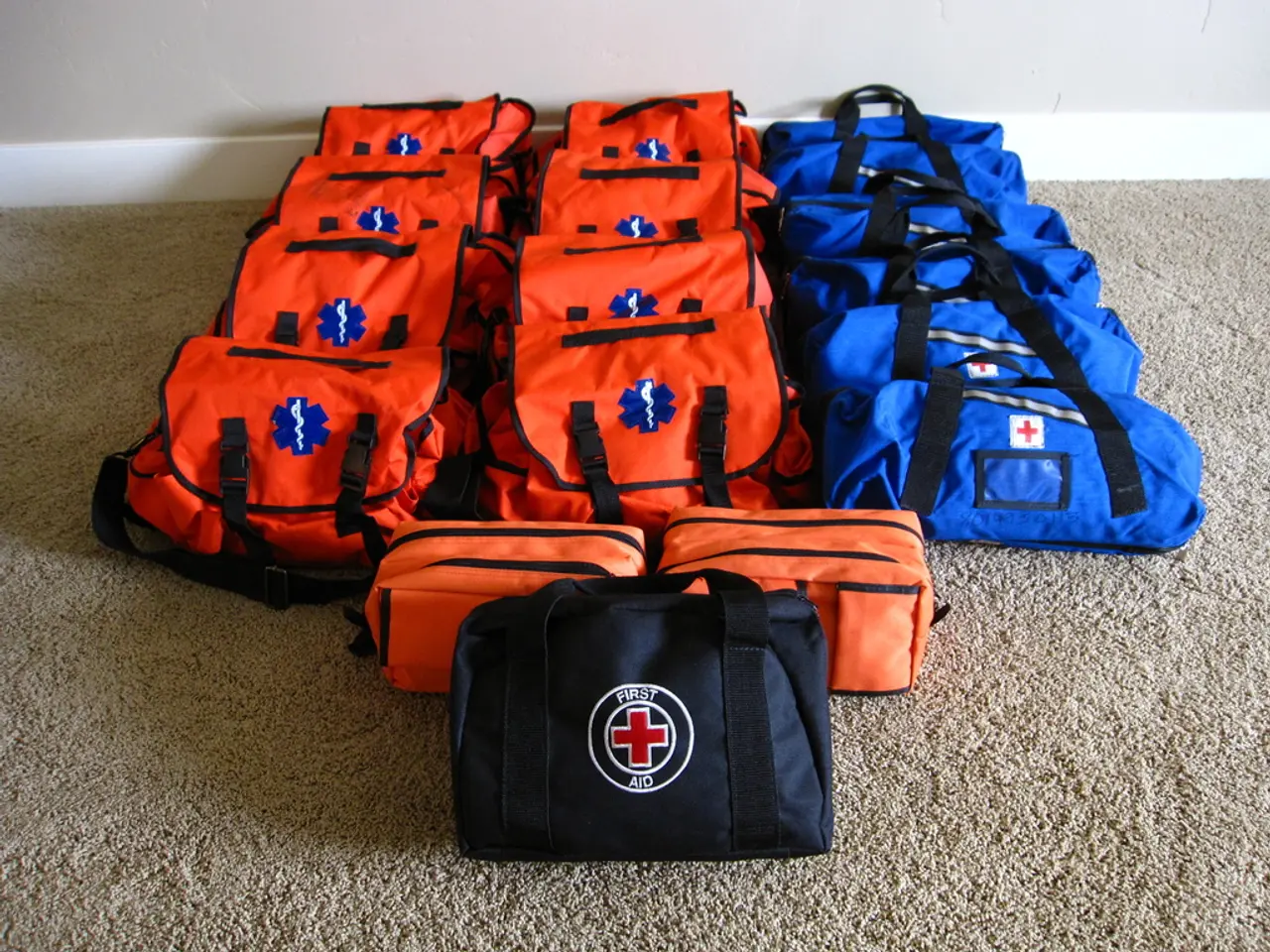Unforeseen queries in interviews: Responses to some of the most unanticipated questions you might encounter and how to answer effectively
Navigating Job Interviews: A Deep Dive Beyond Professional Skills
Job interviews aren't just about showcasing your professional prowess, discussing your reasons for leaving a previous job, or negotiating your desired salary. Recruiters often throw in curveball questions to delve deeper into your personality and work style, offering insights you wouldn't typically reveal in a professional setting.
For instance, you might find yourself being asked, "If you could be any animal, which one would you pick and why?" Although this question may seem puzzling, it serves to expose aspects of your character – demonstrating your ability to justify decisions in an unusual context. It's essential to respond honestly and connect the animal to qualities that align with the job you're seeking.
Another unexpected query could be, "How do you manage failures?" Here, it's crucial not only to accept that mistakes occur but to showcase your capacity to learn from them and persevere, offering a specific example from your past that underscores your resilience and ability to bounce back from setbacks.
Hobbies and interests are another topic recruiters may probe for reasons beyond idle chatter. Questions about hobbies serve to gauge your versatility and work-life balance. While discussing your pastimes, opt for activities that genuinely aid relaxation and personal growth, staying clear of run-of-the-mill or clichéd responses. However, it's advisable to refrain from fabricating interests, as dishonesty could be uncovered.
The question, "Where do you envision yourself in five to ten years?" requires careful consideration as well. It's best to avoid aspiring for unrealistic goals or offering fuzzy responses. Employers want to know if your ambitions align with the company's growth and if you're prepared to invest in the long term.
Interviewers might also pose provocative questions like, "What do you detest about your current job?" or "How do you respond to criticism?" In these situations, maintaining a composed and honest demeanor while showcasing maturity and a willingness to accept constructive feedback is key.
If a question comes across as too personal or inappropriate, it's wise to tactfully express a preference for focusing on professional topics, preserving respect and demonstrating your confidence.
Recruiters employ these out-of-the-box questions to uncover various aspects of your persona, including:
Fostering Creativity & Problem-Solving Skills
- Lateral Thinking: Questions such as, "Give an example of your lateral thinking," help interviewers evaluate your creative problem-solving abilities. By sharing specific examples, candidates demonstrate their ability to think beyond conventional solutions and adapt to complex situations.
Evaluating Interpersonal Skills
- Dealing with Difficult People: Questions like, "Describe a time you worked with a difficult person," help assess your interpersonal skills, conflict resolution abilities, and professionalism. These questions offer glimpses into your handling of challenging personalities and your contribution to a harmonious work environment.
Understanding Personal Characteristics
- Standout Attributes: Questions such as, "What would your colleagues describe as your most unique trait?" or "What do you admire most about yourself?" provide insights into your personal characteristics and self-awareness. These questions allow interviewers to differentiate between candidates with similar skill sets by highlighting unique strengths or perspectives.
Assessing Adaptability & Flexibility
- Adaptation in Critical Scenarios: Questions like, "Tell me about a time when you had to abandon your prearranged plan in the nick of time," evaluate your flexibility and stress management skills. This reveals your ability to adapt swiftly to sudden changes and maintain a positive outcome under pressure.
Through these types of intriguing questions, interviewers can gain a multifaceted understanding of your personality, work ethic, and ability to navigate diverse professional challenges.
- In the context of job interviews, questions about personal characteristics and self-development, such as "What do you admire most about yourself?" or "What would your colleagues describe as your most unique trait?", help interviewers understand your personal characteristics and self-awareness.
- It's important to be prepared to discuss financial and career-related aspects in job interviews, including your desired salary and long-term career goals, as these questions can demonstrate your investment in your future and alignment with the company's growth.
- During a job interview, questions about hobbies and interests can help assess your versatility and work-life balance, so it's advisable to choose activities that genuinely aid relaxation and personal growth, while avoiding fabricated interests to maintain honesty and transparency.




